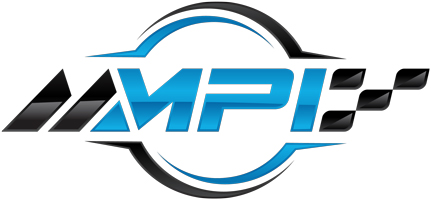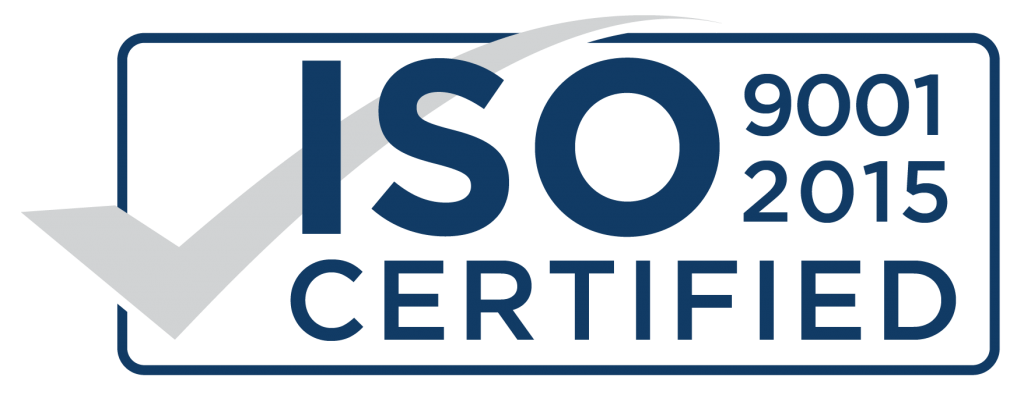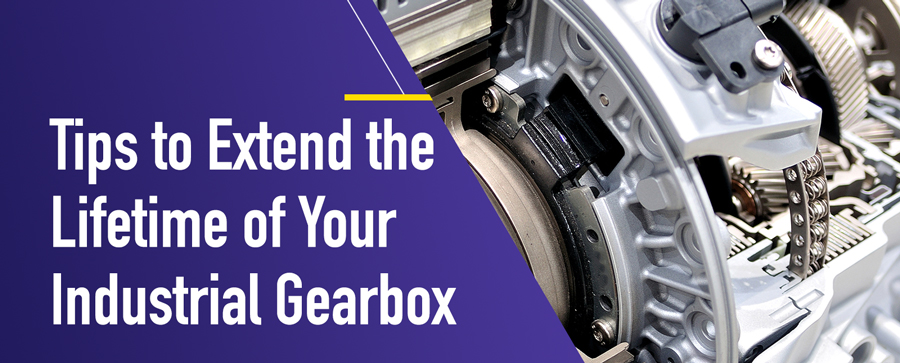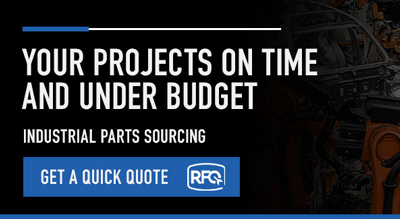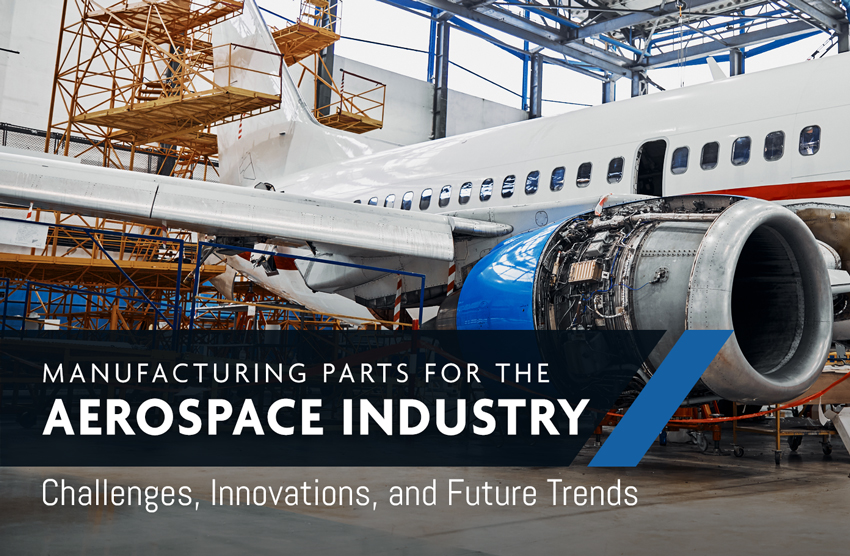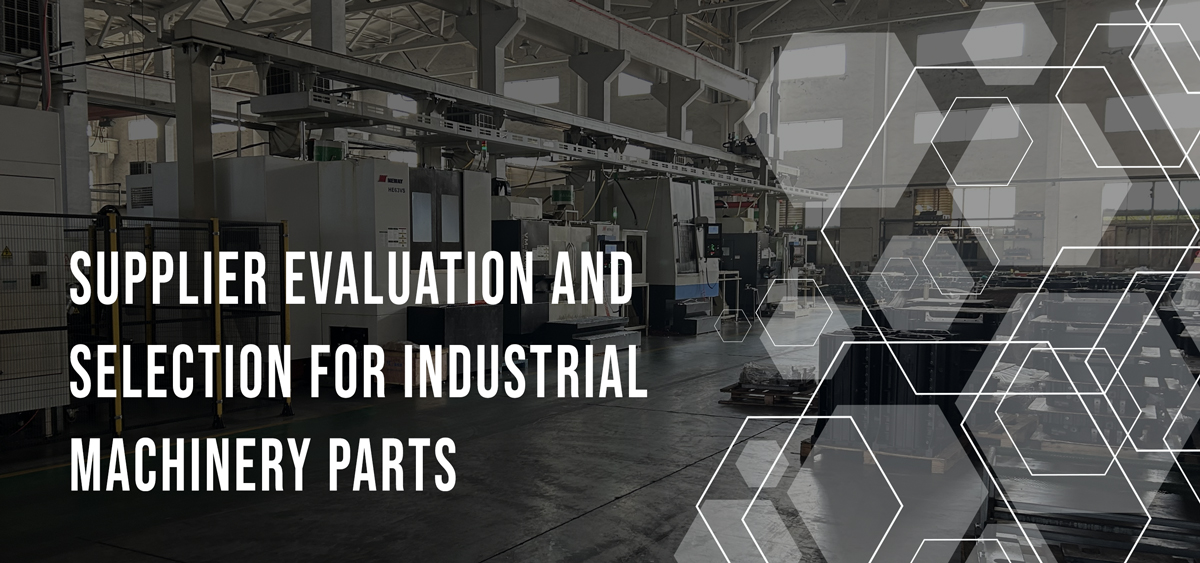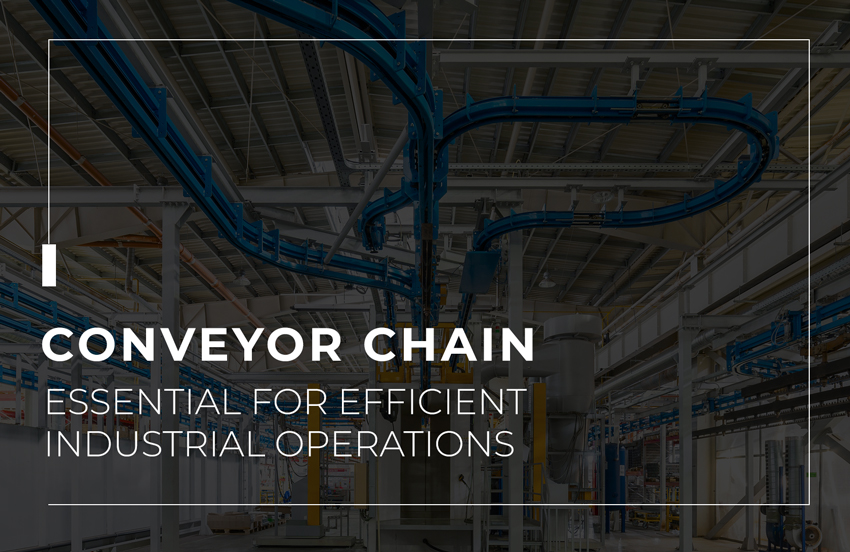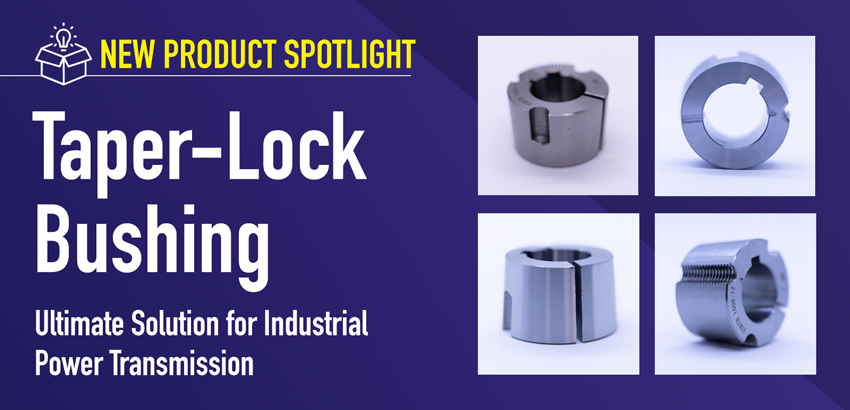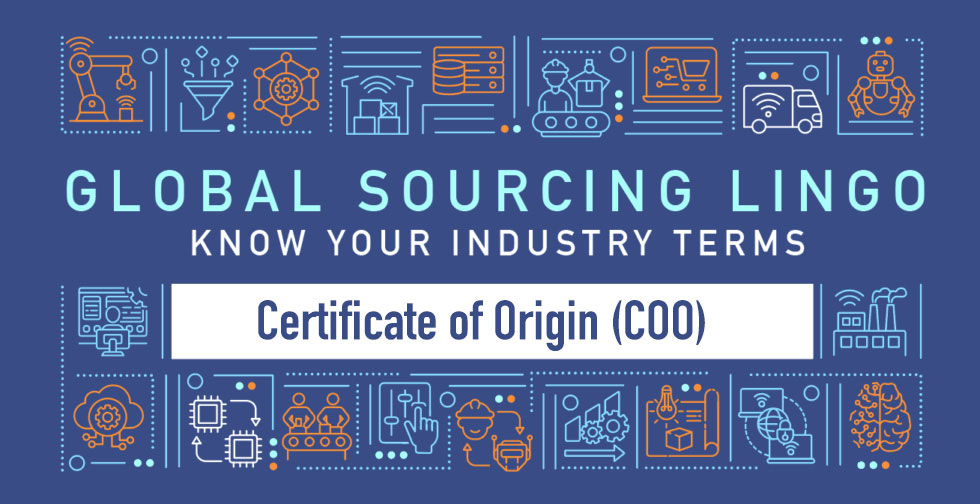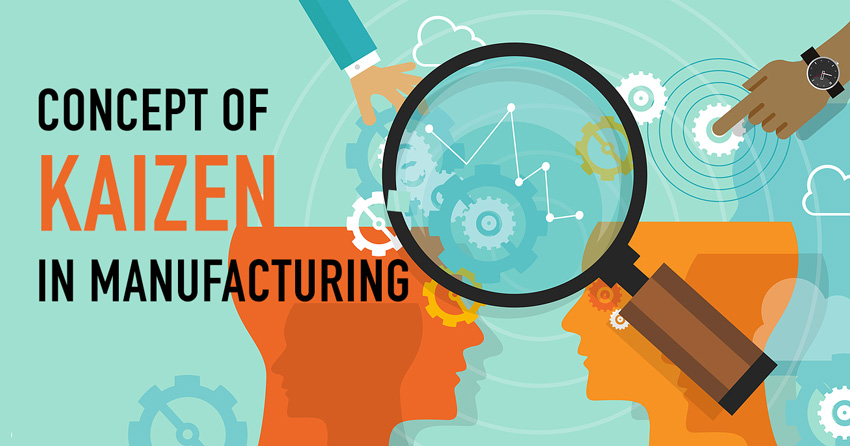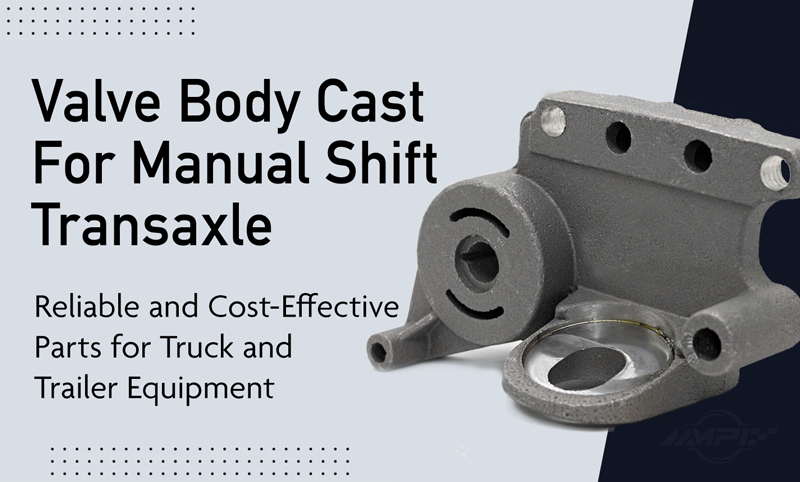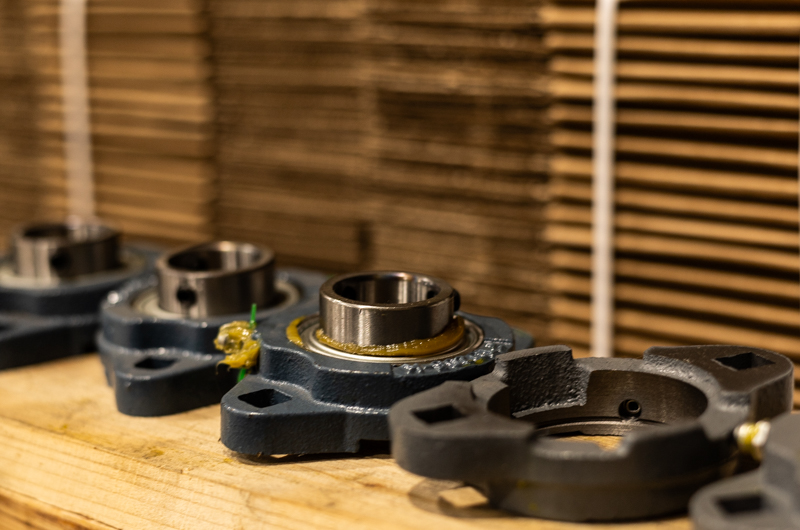Gearboxes and their components are integral to the industrial equipment that makes the world go round. From propelling planes and wind turbines to driving production lines, gearboxes keep us moving forward. To keep an industrial gearbox operating optimally, regular maintenance is required. This article will explore some of the most common types of gearboxes and some of the best ways to maintain them to keep them in excellent working condition and increase their lifetime.
Worm Gearbox
The most common industrial gearbox used for heavy-duty operations is the Worm Gearbox, which allows consumers to determine the speed and transmit higher torque levels. Worm gearboxes are frequently used for 90-degree drives, elevators, and conveyor belts.
Bevel Gearbox
Another popular type of Gearbox is the Bevel Gearbox. These gearboxes are unique in that the axes of the two gear shafts intersect and the gear’s tooth surface is conical. This design leads to a mechanical advantage that enables users to increase or decrease the gear ratio between the drive and any accompanying wheels to increase or decrease the force accordingly. These types of gearboxes are ideal for non-perpendicular transmissions.
Helical Gearbox
Helical gears have teeth that are oriented at an angle to the shaft. This enables more than one tooth to be in contact during operation, which increases their lifespan and makes them ideal for high-load applications. In addition, Helical gears are quieter and smoother since the teeth engage more gradually.
Planetary Gearbox
The fourth type of commonly used gearbox is the Planetary Gearbox.
Planetary gear transmissions are more advanced than counter-shaft drive because of their higher torque-to-weight ratio, compactness, and reduced noise. Consequentially, these types of gears are widely used in automobiles, helicopters, and marine applications. Increased endurance and precision are the two popular benefits of Planetary Gearboxes.
Gearbox Maintenance Tips
Thanks to significant advancements in technology, gearboxes have become smaller, lighter, and can handle more power input than ever before. However, no matter how effective a gearbox may be, periodic maintenance is required to extend its life after extensive use. Below is a list of best practices that will ensure your gearbox is operating optimally and lasts its full lifetime.
1. Keep your equipment clean and dry
If you do not keep your machine, accessories, and tools as clean and dry as possible, you may risk an entirely avoidable equipment malfunction. Even the most minor dust or water particles can cause severe damage to the gearbox. In an industrial environment, it is understandable that debris will come close to your equipment. For this reason, it is best to consider installing a filter to avoid contamination that may cause overheating and overall equipment failure.
2. Check gear teeth regularly
If the gearbox is forced to do work beyond its manufacturing specifications, the gearbox teeth can easily break, causing the entire device to malfunction. Checking the health of the gears is a useful way to determine the overall condition of the gearbox. If you find a problem with your teeth, be sure to arrange immediate maintenance to avoid more issues.
3. Listen to your device
Audio inspection is as necessary as visual inspection. Gearboxes usually operate in noisy environments, which can make pinpointing unusual sounds challenging.. Identifying these atypical noises can help you spot major problems, so it’s essential to run regular vibration analysis to let your equipment communicate its status to you.
4. Make sure your unit is properly lubricated
This is one of the most common problems our engineers encounter when inspecting customer gearboxes. Appropriate lubricating oil helps to provide higher gearbox reliability, transmit non-slip power with higher mechanical efficiency, reduce maintenance, and extend the gearbox lifetime.
5. Schedule periodic maintenance and repairs
Investing in routine equipment inspection and upkeep is key to avoiding considerably expensive repairs, so avoiding putting this off will result in lower repair expenditure in the longtime.
If you are experiencing issues like gearbox overheating, oil oxidation and contamination, the professionals at Houston Pump and Gear can help you pinpoint if your gearbox needs to be inspected, remanufactured, repaired, or overhauled. Whatever gearbox repair services you may need, working with an experienced pump repair team will get your industrial equipment back to like-new condition and up to OEM spec, tolerance, and size.
Author: Lorain Wilson – Content Marketing Specialist at Houston Pump and Gear
Home to North America’s most reliable industrial gearbox and pump repair. Whatever the brand, issue, or timeline, the Houston Pump and Gear team of certified engineers is standing by to offer a free quote and durable solution.

Resourceful and innovative Marketing Pro, with 20+ years of progressive experience in the marketing and creative technology industry. Responsible for digital and traditional marketing efforts that promotes brand awareness, increases engagement, and drives revenue.
